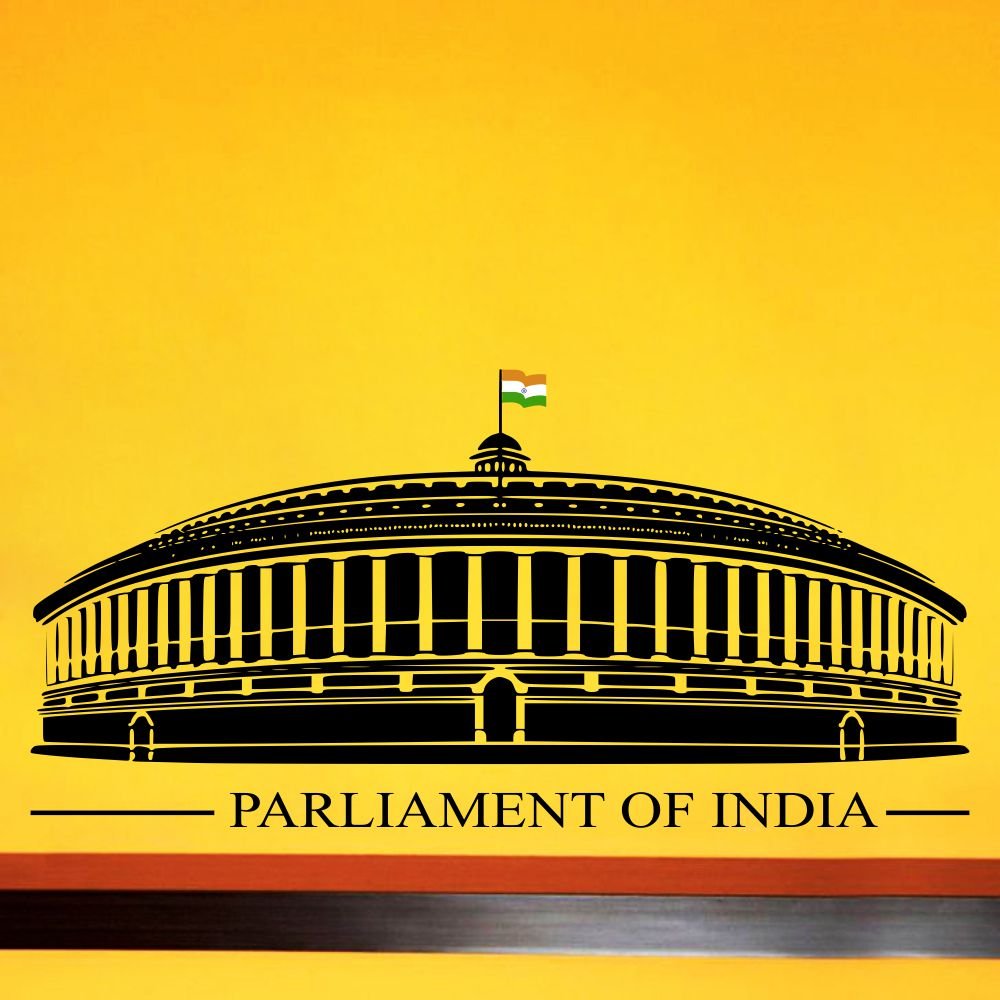

Indian Government’s special parliament session scheduled to run from September 18 to 22, 2023. In preparation, a meeting of floor leaders from various political parties is set for September 17, a day before the session commences. While the Center has released a ‘tentative list’ of topics for discussion during the session, the specific bills to be addressed remain undisclosed. This parliamentary session is expected to tackle critical legislative matters, but the exact agenda will become clearer as discussions unfold. The gathering of political leaders signifies an effort to promote dialogue and collaboration among different parties, setting the stage for significant legislative deliberations in the coming days.
The special session of Parliament is expected to discuss the following bills
Chief Election Commissioner and Other Election Commissioners (Appointment, Conditions of Service and Term of Office) Bill, 2023
The Chief Election Commissioner and Other Election Commissioners (Appointment, Conditions of Service and Term of Office) Bill, 2023 holds significant importance as it proposes substantial changes in the way India selects its Chief Election Commissioner (CEC) and Election Commissioners (ECs).
At present, the President of India appoints the CEC and ECs. This new bill introduces a Selection Committee to replace this method. The Selection Committee will comprise the Prime Minister (as chairperson), the Leader of the Opposition in the Lok Sabha, and a Union Cabinet Minister chosen by the Prime Minister.
The primary goal of this bill is to make the appointment process for these critical positions more transparent and accountable. By involving multiple key figures in the selection process, it aims to guarantee that the most qualified and deserving candidates fill these roles.
Nonetheless, it has ignited a debate regarding its potential impact on the independence of India’s Election Commission. Critics argue that it might introduce political influence into the appointment process, while proponents assert that it will augment transparency.
Advocates (Amendment) Bill, 2023
The Advocates (Amendment) Bill, 2023 marks a significant step in the regulation of India’s legal profession. It sets out to make amendments to the Advocates Act of 1961, which serves as the central law governing advocates in the country.
One of the bill’s primary objectives is to address the longstanding issue of ‘touts.’ These individuals engage in the unsavory practice of soliciting clients for lawyers, often resorting to unethical or illegal means. The proposed legislation empowers high courts and district judges to take action against touts, including publishing their names and imposing penalties like imprisonment and fines.
Another noteworthy aspect of this bill is its intention to centralize the regulation of the legal profession under a single Act. It seeks to repeal the Legal Practitioners Act of 1879, a move aimed at simplifying and streamlining the legal framework that governs advocates.
As with any legislation, this bill has garnered both praise and criticism. While some see it as a much-needed reform for the legal profession, others caution about potential unintended consequences. Therefore, closely monitoring its progress is essential to grasp its potential impact on India’s legal landscape.
It’s worth noting that this bill successfully passed in the Rajya Sabha on August 3.
Press and Registration of Periodicals Bill, 2023
The Press and Registration of Periodicals Bill, 2023 is a significant legislative proposal aimed at modernizing the registration process for periodicals in India. It is designed to replace the antiquated Press and Registration of Books Act of 1867, which has become increasingly inadequate in today’s rapidly evolving media landscape.
This bill introduces a more streamlined and user-friendly registration process for various types of periodicals, including newspapers, magazines, journals, and other print media. The primary objective is to simplify the registration procedure, making it more accessible for publishers while ensuring compliance with regulatory requirements.
In addition to its focus on simplification, the bill also places a strong emphasis on accountability and transparency within the print media sector. It outlines specific guidelines for maintaining records of registered publications and imposes penalties for non-compliance.
Nevertheless, like any proposed legislation, the bill has sparked debates among stakeholders. While some welcome the much-needed modernization it promises, others voice concerns about its potential implications for press freedom. Consequently, it is essential to closely monitor its progress through Parliament and assess its potential impact on India’s ever-evolving media landscape.
It’s worth noting that this bill successfully passed in the Rajya Sabha on August 3, marking a significant step toward its enactment.
Post Office Bill, 2023
The Post Office Bill, 2023 is a significant proposed law aimed at revamping and revising the regulations governing the functioning of the Indian Post Office. This initiative intends to bring the legal framework governing postal services in India up to date, aligning it with the changing dynamics of the postal sector.
India Post, also known as the Indian Post Office, operates as a government-run postal system that offers mail and parcel delivery services across the nation. It also provides financial services, including savings accounts, money orders, and postal life insurance.
The bill encompasses a range of provisions designed to enhance the efficiency and effectiveness of postal services. These provisions cover the regulation of postage, the transmission of mail and parcels, and the operations of post offices. Additionally, the bill outlines penalties for offenses related to postal operations.
However, as is customary with proposed legislation, the bill has sparked debates among various stakeholders. While some applaud the efforts to modernize postal services, others express concerns regarding the potential impact on service quality and accessibility. Therefore, it is crucial to closely monitor the bill’s progress through Parliament and comprehend its potential consequences for India’s postal system.
It’s noteworthy that this bill was introduced in the Rajya Sabha on August 10, 2023. Its fate will be determined once it successfully passes through the Rajya Sabha and is presented for consideration in the Lok Sabha.
Repealing and Amending Bill, 2023
The Repealing and Amending Bill, 2023 is a significant legislative proposal aimed at the removal of certain laws that have become obsolete or unnecessary. This practice is not unique to India; legislatures worldwide engage in similar efforts to ensure that their legal codes remain current and applicable to contemporary circumstances.
The bill identifies a total of 65 such laws that have outlived their usefulness and recommends their repeal. These laws may have lost their relevance due to shifts in society, advancements in technology, or changes in the legal and regulatory landscape. In some instances, newer legislation may have supplanted these laws, rendering them redundant.
In addition to the elimination of outdated laws, the bill also addresses a minor drafting error within the Factoring Regulation Act, 2011. This meticulous attention to detail is a testament to the commitment to maintaining a precise and accurate legal framework.
However, as with any proposed legislation, the bill has sparked discussions and debates. While some stakeholders applaud the removal of obsolete laws, others express concerns about potential impacts on legal precedents and legal continuity. Consequently, it is essential to closely monitor the bill’s progress through Parliament and assess its potential effects on India’s legal landscape.
It’s noteworthy that this bill has been approved by the Lok Sabha and is currently awaiting consideration in the Rajya Sabha.
Check full details on government official website , click here



